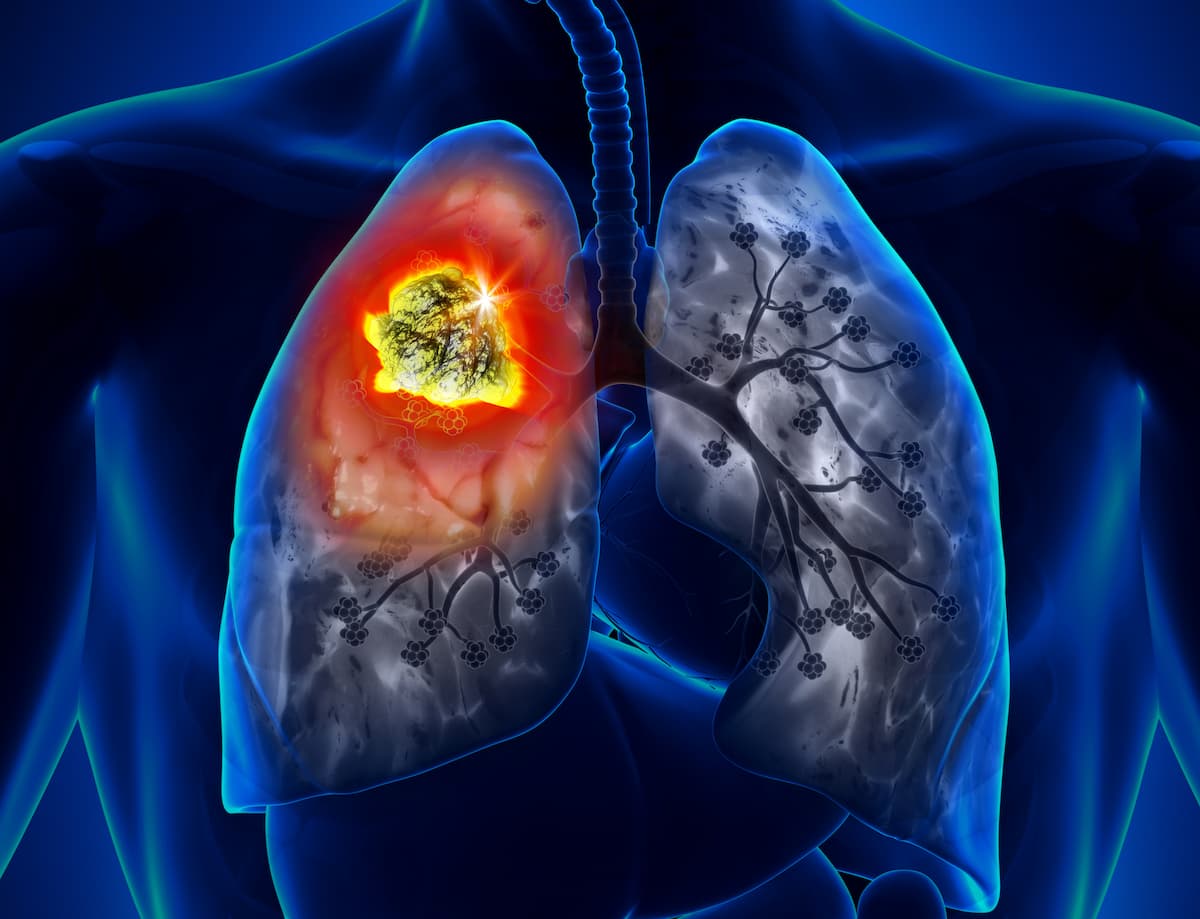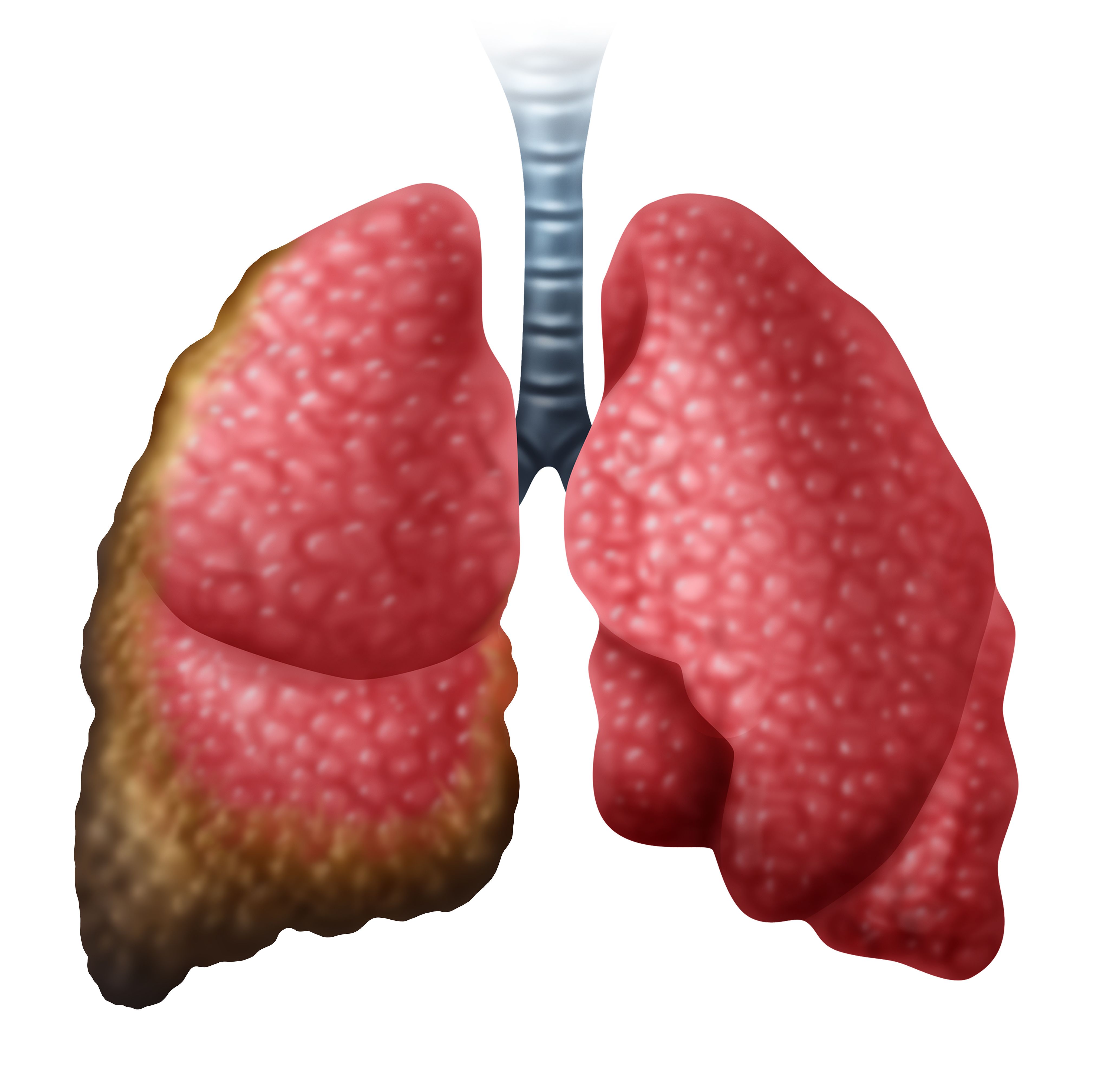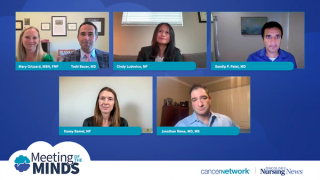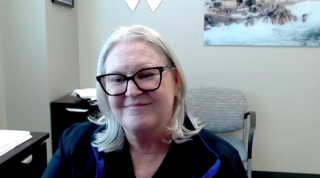
Non-Small Cell Lung Cancer (NSCLC)
Latest News
Latest Videos

CME Content
More News

Referring to the NCCN guidelines for the treatment of EGFR-mutated NSCLC will help clinicians determine which treatments are best recommended.

The combination of amivantamab plus lazertinib has emerged as a potential treatment option for patients with EGFR-mutated NSCLC and has shown sufficient efficacy responses.
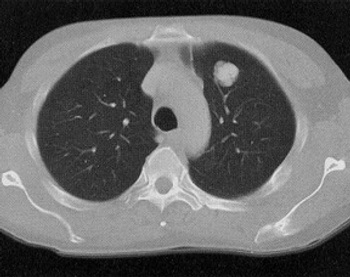
The NeXT Personal platform identified minuscule amounts of ctDNA that were found to be predictive of OS and RFS outcomes in patients with lung adenocarcinoma.

The FDA accepted a BLA for Dato-DXd based on data from the TROPION-Lung05, TROPION-Lung01, and TROPION-PanTumor01 trials.

The decision was supported by efficacy findings from the phase 1 ONKORAS-101 trial, which evaluated the therapy in KRASG12C non–small cell lung cancer.

Efficacy findings from a phase 2 trial demonstrated that abenacianine visualized lung tumor tissue and was well tolerated when used during surgery.

Results from the phase 3 MARIPOSA trial found that amivantamab plus lazertinib met the final pre-specified secondary end point of overall survival in NSCLC.

The WU-KONG1 trial found that sunvozertinib yielded a best ORR of 53.3% and a cORR of 44.9% in patients with NSCLC harboring EGFR exon20ins mutations.

Findings from the phase 3 SACHI trial support the National Medical Products Administration’s priority review designation for savolitinib/osimertinib.

Although not hitting its primary end point, a phase 2 trial showed that SBRT plus concurrent radiotherapy improved on results elicited in other trials.
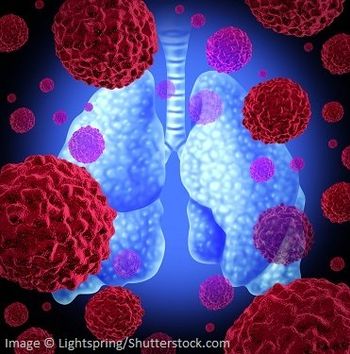
The decision is supported by results from the phase 2 TRUST-1 trial, which evaluated the safety and efficacy of taletrectinib in ROS1-positive NSCLC.

Atezolizumab combination therapy elicited better responses in patients with PD-L1 expression of 1% or more with EGFR-mutant NSCLC.

Feedback from the European Medicines Agency following results of the phase 3 TROPION-Lung01 informed the marketing authorization application withdrawal.
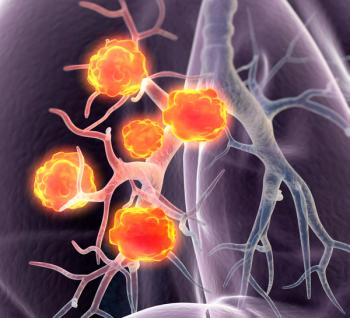
Joshua K. Sabari, MD, and Sandip P. Patel, MD, discussed long-term findings from the phase 3 MARIPOSA trial.

The Oncology Brothers spoke with Benjamin P. Levy, MD, regarding treatment updates for patients with NSCLC with HER2 expression.

A discussion with Dr. Garon highlights patient selection for EGFR inhibitor therapy in EGFR+ NSCLC, emphasizing the critical role of biomarker testing, testing approaches, and overcoming barriers in community settings.

Taletrectinib demonstrated favorable efficacy and tolerability data in the TRUST-I and TRUST-II trials for the treatment of patients with advanced non–small cell lung cancer.

Data from the phase 3 eXalt3 trial support the approval of ensartinib in adult patients with metastatic ALK-positive non–small cell lung cancer.

The phase 3 KeyVibe-003, KeyVibe-007, and KEYFORM-008 trials investigating vibostolimab and favezelimab have been discontinued.

These data support less restrictive clinical trial eligibility criteria for those with metastatic NSCLC. This is especially true regarding both targeted therapy and immunotherapy treatment regimens.

Zenocutuzumab is now approved for patients with NRG1 fusion-positive NSCLC or pancreatic adenocarcinoma.

For patients with EGFR-mutated non–small cell lung cancer, sacituzumab tirumotecan was given the breakthrough drug designation by the FDA.

Despite gaps in biomarker testing accessibility, the lung cancer survival rate has improved by 26% over the last 5 years.

Tiragolumab with atezolizumab, when compared with placebo with atezolizumab, failed to reach its overall survival end point in patients with NSCLC.

Results from the TRIDENT-1 and CARE trials, which showcased durable activity and robust responses with repotrectinib, supported the recommendation.


